Over the summer, I attended Middlebury College’s Arabic Immersion Program in Bennington, Vermont. The program offers intense language learning through full cultural immersion and intensive classes over a span of 8 weeks.
The key characteristic of the program is its language pledge. Everyone who attends vows never to speak English and only speak the program’s respective focus language for as long as the program runs. The language pledge is mandatory for all students and faculty of the program.
Upon taking the language pledge, I was intimidated and timid. After all, my freedom of expression would be limited to my very limited vocabulary until I grew accustomed to the Arabic script and basic grammar rules. However, with the help of this program, I would shortly overcome my insecurities.
We were mostly taught by faculty who came from Middle Eastern countries and were native Arabic speakers. With their encouragement, we were able to transition from speaking English to Arabic.
Classes taught only in Arabic were scheduled from Monday to Friday. The strategy forces students to pay attention to other aspects of communication, such as body language and intonation, for comprehension. The last class session of the day was usually reserved for the student’s chosen dialect, either Moroccan, Egyptian, or Levantine.
Another important aspect of the curriculum was the gathering during mealtimes, in which students and faculty were given an hour to socialize and put their learned skills to use. Attendance during meals was heavily stressed by faculty, as mealtimes provided students the opportunity to get accustomed to the language in all aspects through genuine experience with native speakers.
There were plenty of co-curricular activities. Weekly club meetings were held, which focused on different aspects of Arabic culture, such as calligraphy. The program also included weekly lectures, movie nights, and special appearances, such as visits from Arabic artists or musicians.
Overall, the “immersion” aspect of the program was intense. Almost everything, from small mannerisms to our everyday conversation, was geared to that of Arab customs. All this was done in a judge-free environment so that everyone felt free to participate.
In terms of coursework, achieving high grades was not particularly stressed. While it was mandatory to participate in daily homework, weekly tests, and oral presentations, our comfort and participation in the program overall were much bigger concerns to staff.
Students had plenty of resources to turn to. Daily office hours and review sessions were available weekly. For students with more specific needs, workshops were held for different aspects of the language, such as pronunciation, listening, writing, and grammar.
Overall, the program is very unique in comparison to other routes that could be taken to learn a language. The experience almost felt like studying abroad without leaving the country. It provided hands-on opportunities to learn and understand not only the language but the people and cultures surrounding it.
It also proved to be immensely helpful in other ways. I progressed from not knowing a phrase of Arabic to being able to speak, write, and understand on the language on an intermediate level. Not only did I progress in the language, but I acquired learning skills I could carry with me for the rest of my academic career.
That said, the program did have its flaws. One critique could be towards the dialect classes, which lacked structure that students could clearly follow, such as textbooks. Another bug about the program was the lack of clarity on certain co-curricular activities not being suited for Level 1 students to participate in.
Of course, many students complained about not being able to speak English. Without the adequate vocabulary to express themselves, certain situations could feel impossible to navigate.
But I found that persistence, while hard, brought its own rewards: an appreciation for a new culture and a newfound ability to understand – and communicate – with it.


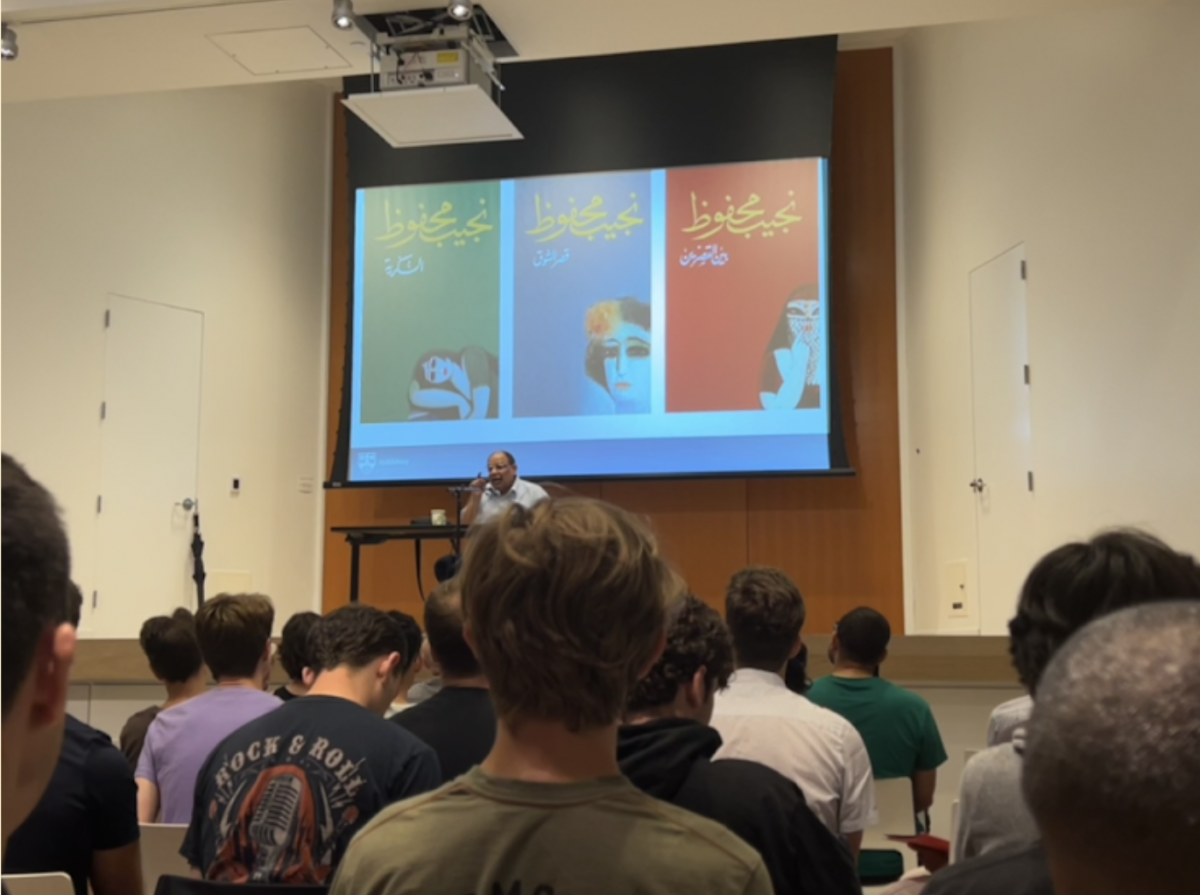
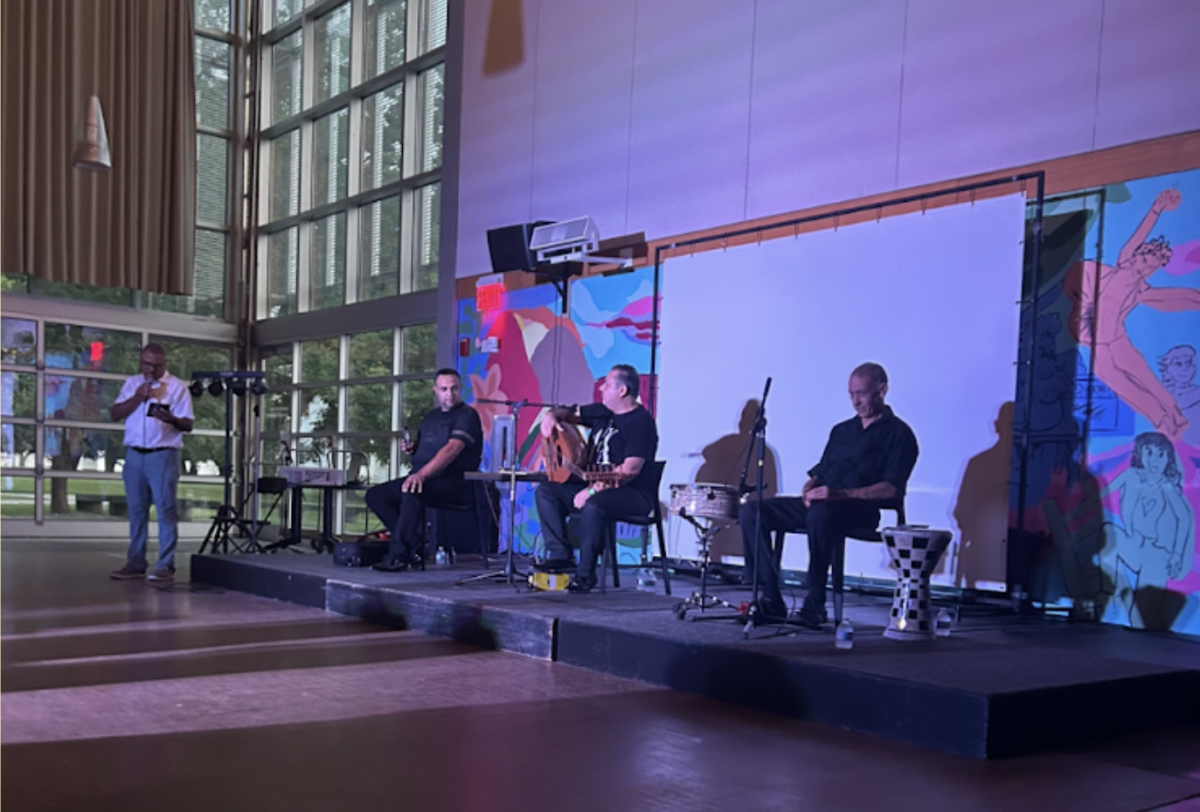

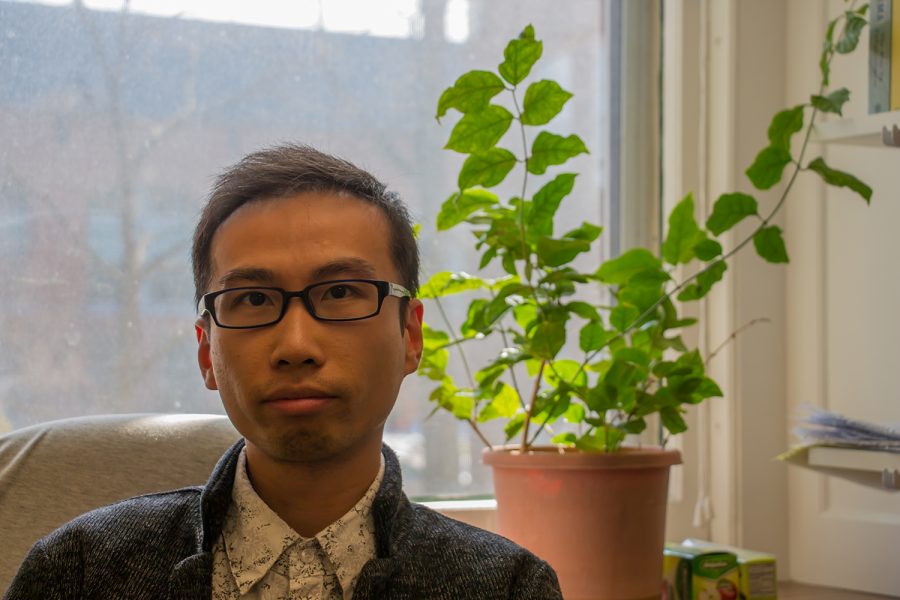

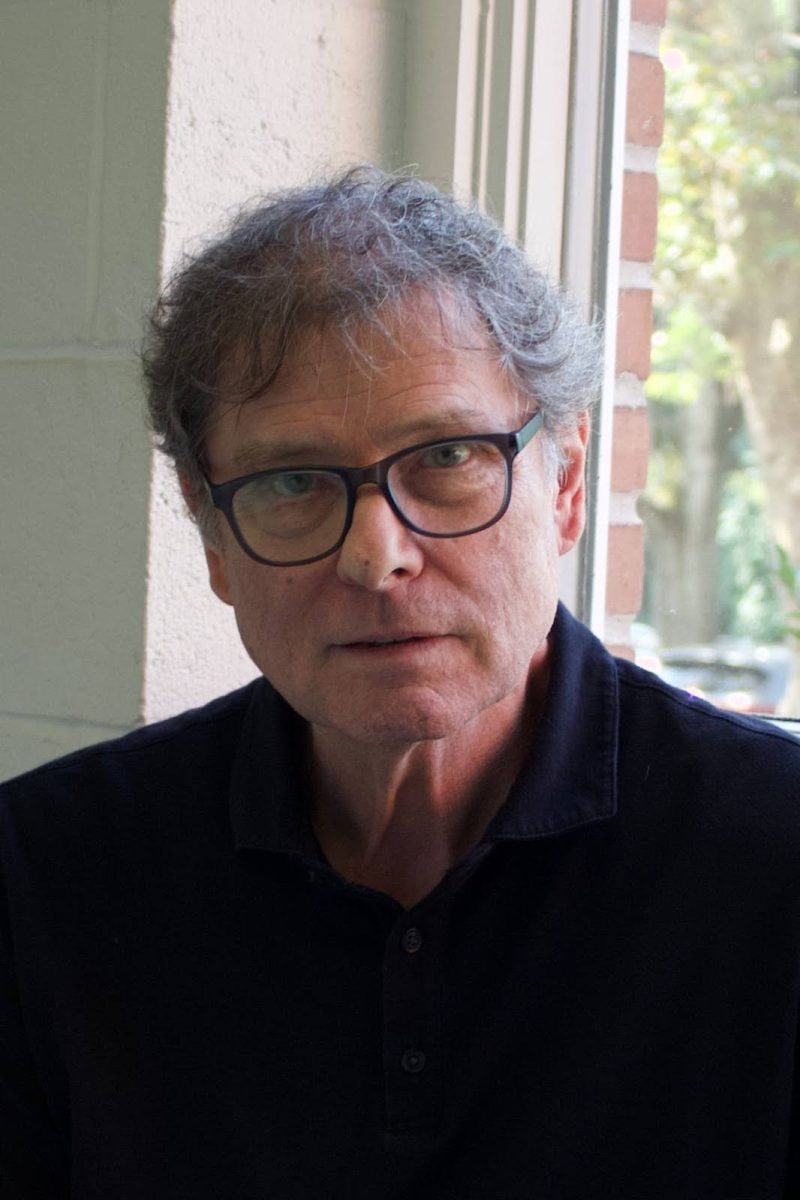

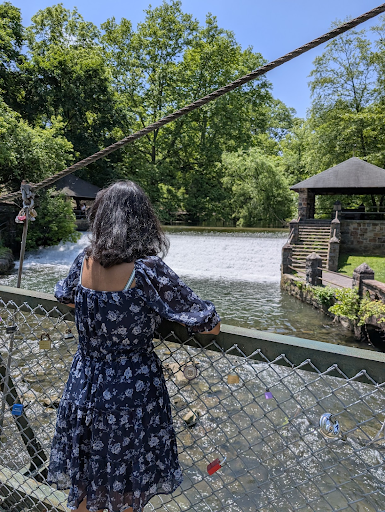
أخضر • Jan 9, 2025 at 12:44 am
ممتاز جداً